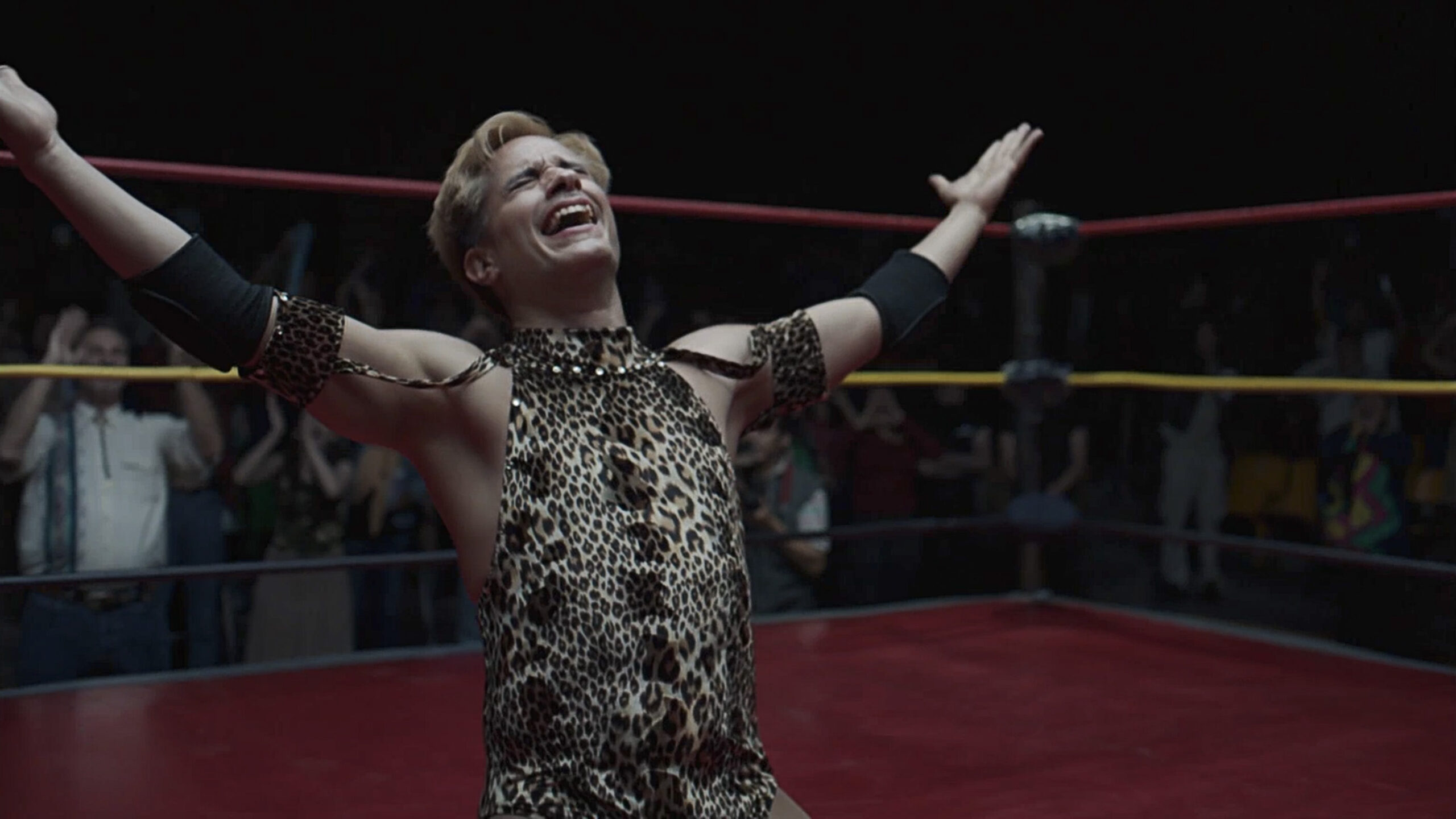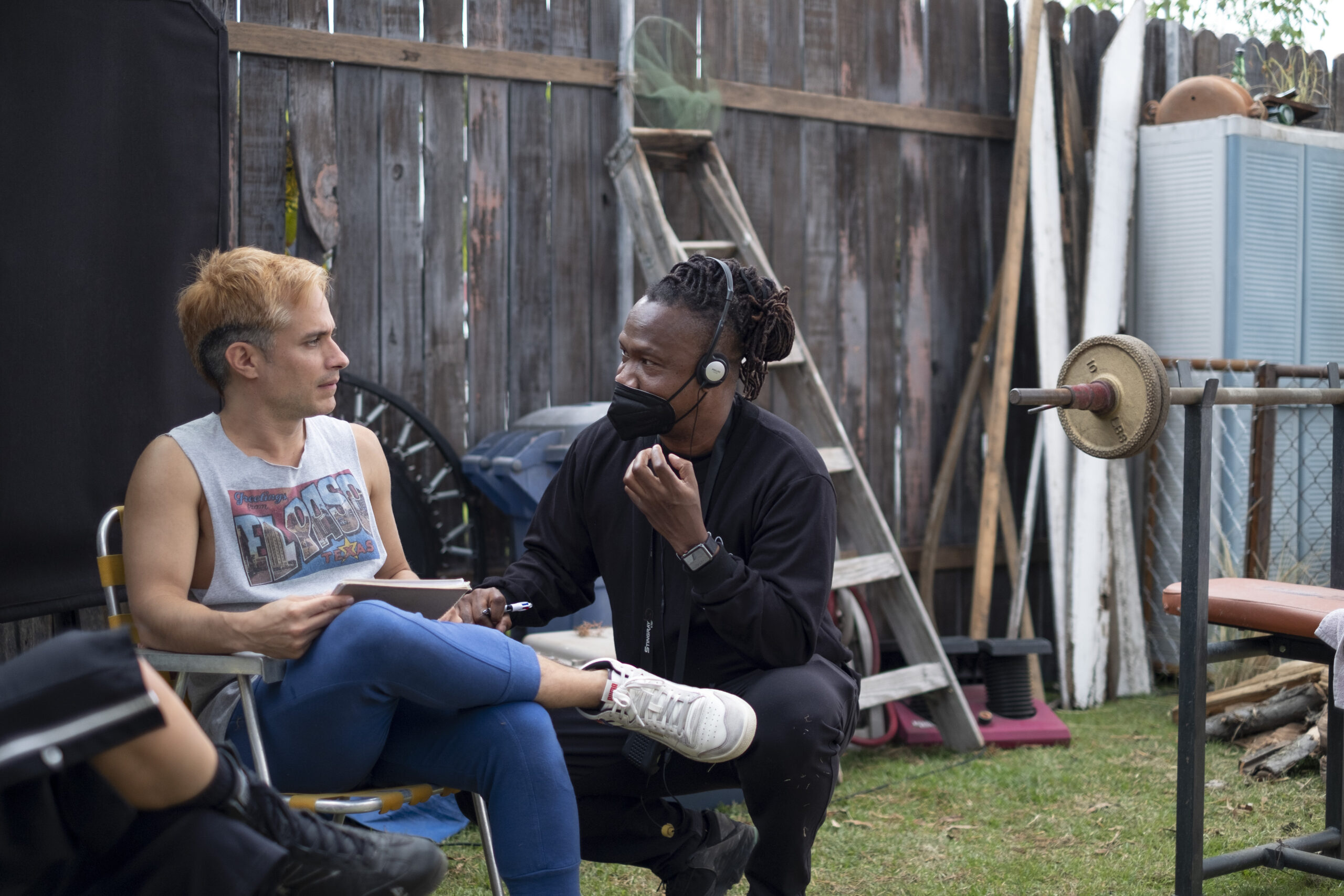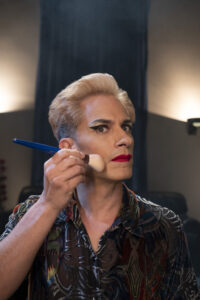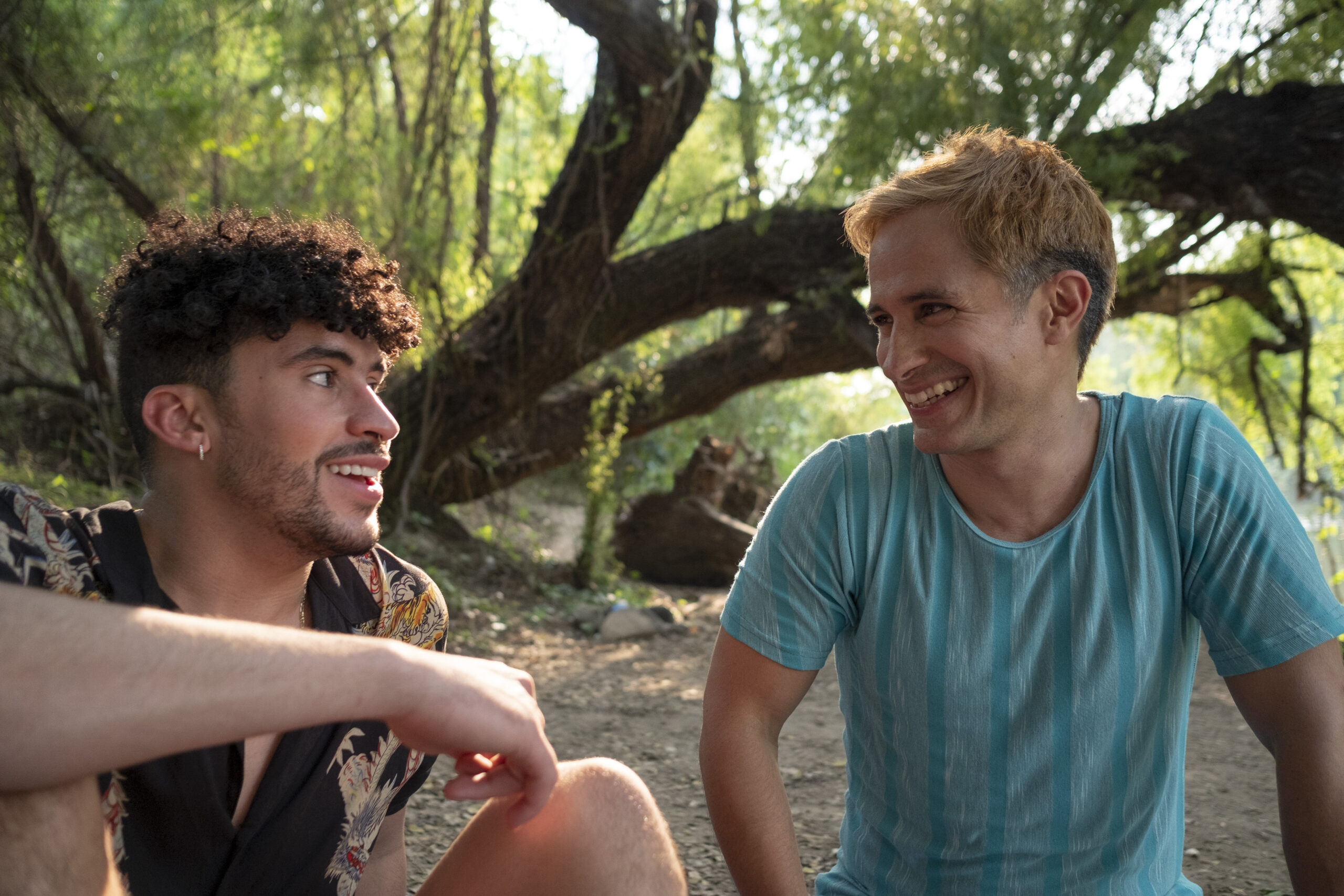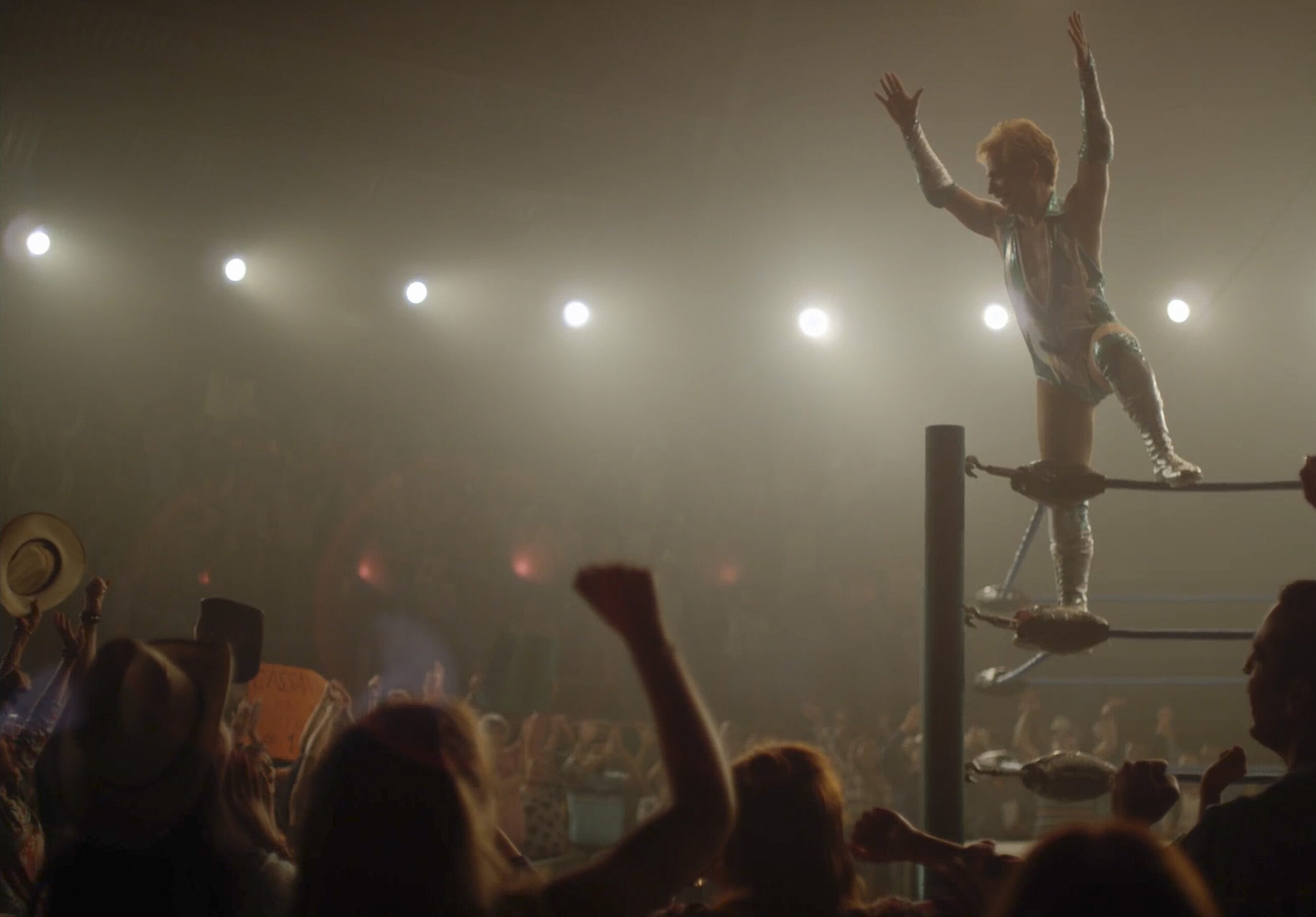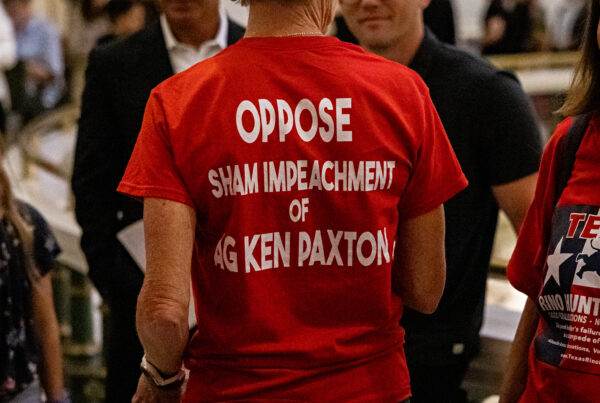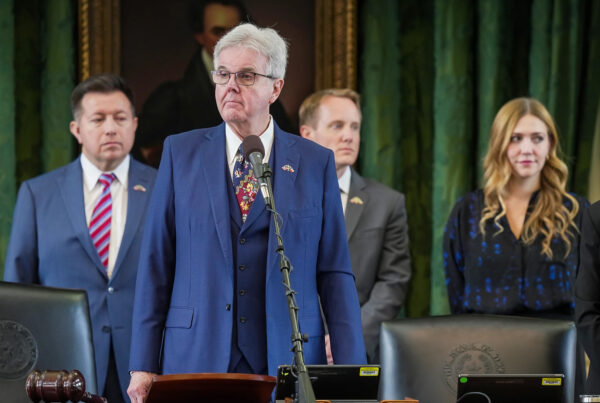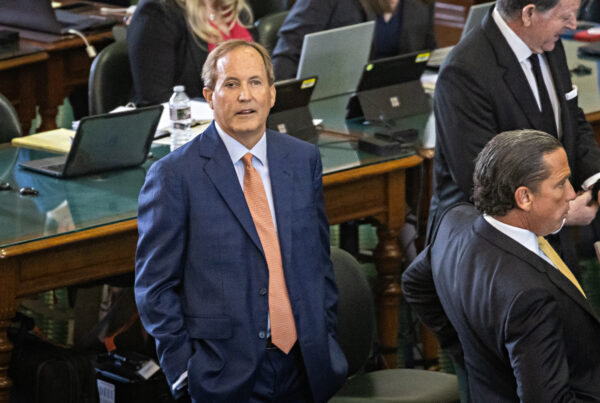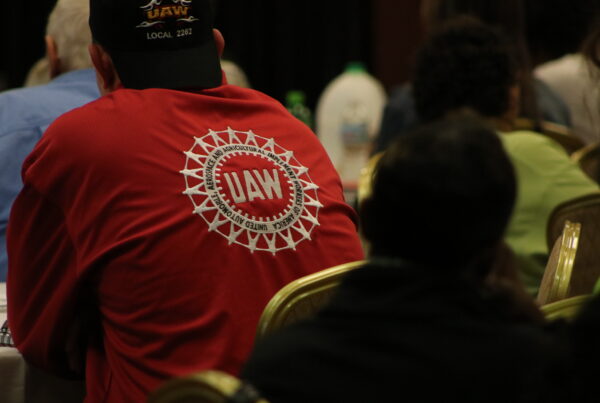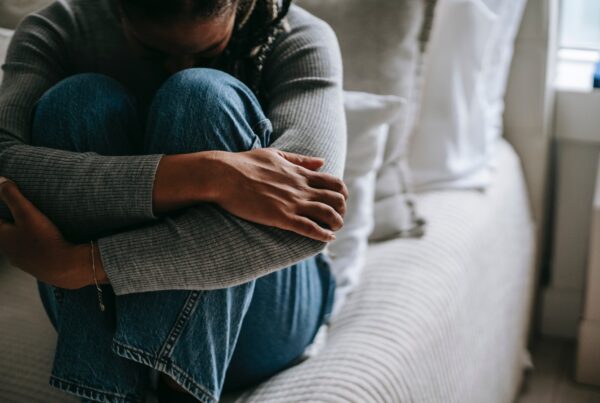In an old warehouse on the border in El Paso, you can hear the sound of heavy thuds on a mat, a bell ringing, and crowds cheering “Ca-ssan-dro!, Ca-ssan-dro!” Its a lucha libre night and a legendary fighter – known as Cassandro – is in the ring.
The life and story of Cassandro is the focus of a new film in theaters now and premiering on Amazon Prime Sept. 22 starring Gael García Bernal and directed by Oscar winning director Roger Ross Williams.
Williams spoke with the Texas Standard on why Gael just had to be the one to play Cassandro. Listen to the interview above or read the transcript below.
This transcript has been edited lightly for clarity:
Texas Standard: I understand that you originally directed a short documentary on Cassandro earlier. What was it about the story of this fighter that had you gripped so much you felt it needed to be told through Hollywood?
Roger Ross Williams: Yeah, well, you know, I met Cassandro because I was doing a short documentary about him for the New Yorker series on Amazon Prime.
I went down to El Paso, and I walked into the room, and Cassandro walked into the room, and, boom, it hit me. This charisma, this energy, this inner beauty. There’s something really special about Cassandro. And when Cassandro sat in the chair to do the interview, immediately, I was just blown away by the story, the power of the story.
I didn’t know much about the world of lucha libre, but that Cassandro, on his own terms, had broken down these barriers as a gay man, as an out man – a flamboyantly out man – that he broke down these barriers and was able to rise to the top of this very macho sport. So I was blown away.
And when I saw Cassandro fight for the first time in Juárez, Mexico – you know, one of the most dangerous cities in the world – full a stadium, thousands of people cheering for him and singing “I Will Survive.” As he took the stage, I burst into tears. I was like, “I’ve got to tell this story.”


